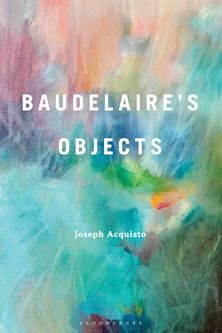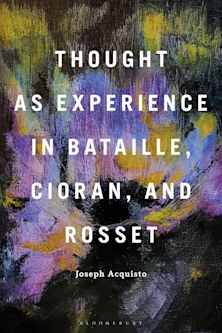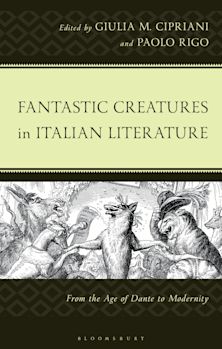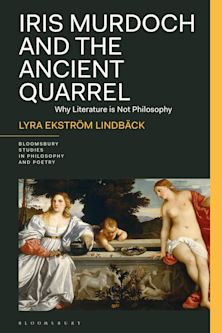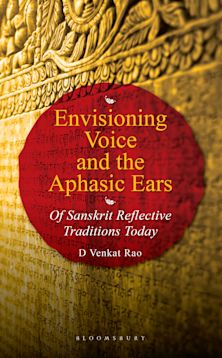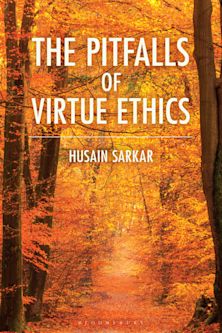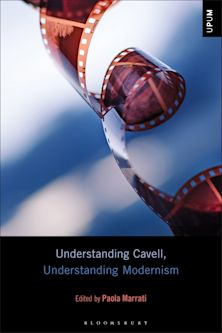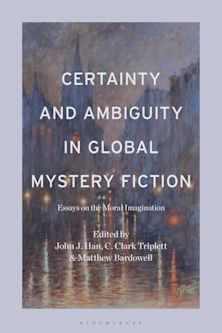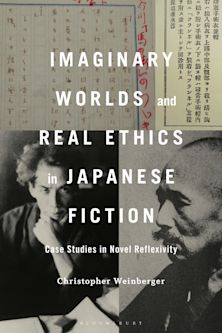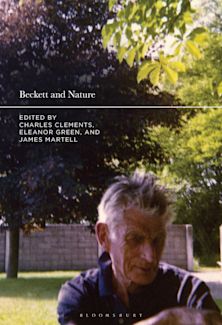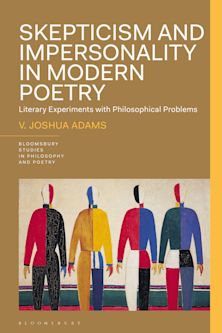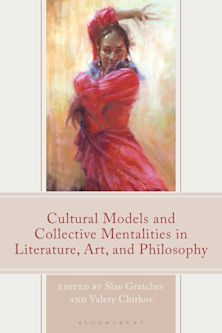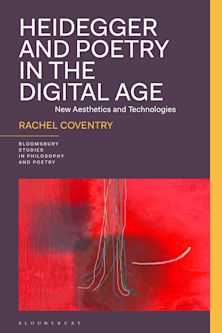Imaginative Experience in the Arts
Promoting Liberal Education
Imaginative Experience in the Arts
Promoting Liberal Education
This product is usually dispatched within 1 week
- Delivery and returns info
-
Free US delivery on orders $35 or over
Description
In this significant contribution to aesthetic philosophy from one of the foremost writers on American poetry, Charles Altieri champions the neglected, non-cognitive aspects of our encounters with works of art.
In contrast to literary critics and philosophers who subordinate the importance of aesthetic experience to knowledge and practical concerns, Altieri defends a view of subjective imaginative experience as important in itself, and already socially oriented. To do so, he proposes a distinction between “experience of” and “experience as,” discriminating between cognitive practices and no less valuable practices involving enhanced attention to particular qualities of experience. Throughout the book, Altieri tests his concepts about the nature of aesthetic experience against readings of canonical poems, novels, and paintings by Langston Hughes, Giorgione, Cézanne, Silvia Plath, Emily Dickinson, Baudelaire, Virginia Woolf, William Carlos Williams, and Mina Loy, to name but a few.
Carefully argued with exemplary readings of well-known artistic masterpieces, Imaginative Experience in the Arts outlines a new impetus for criticism and liberal education grounded in the way art stimulates our powers of imagination and enriches our experience of the world.
Table of Contents
Introduction: Imagination in Liberal Education
1. Three Modes of Imaginative Experience
2. Sympathy and Empathy in To The Lighthouse
3. Imagination's Capacity for “Realization”
4. Mapping the Concept of Experience
5. Self-Consciousness in Aesthetic Experience: Why Heidegger's Book on Hegel Can Matter for Literary Criticism
References
Appendices
Index
Product details

| Published | Oct 16 2025 |
|---|---|
| Format | Hardback |
| Edition | 1st |
| Extent | 208 |
| ISBN | 9781350526655 |
| Imprint | Bloomsbury Academic |
| Dimensions | 9 x 6 inches |
| Series | Bloomsbury Studies in Philosophy and Poetry |
| Publisher | Bloomsbury Publishing |
Reviews

ONLINE RESOURCES
Bloomsbury Collections
This book is available on Bloomsbury Collections where your library has access.












